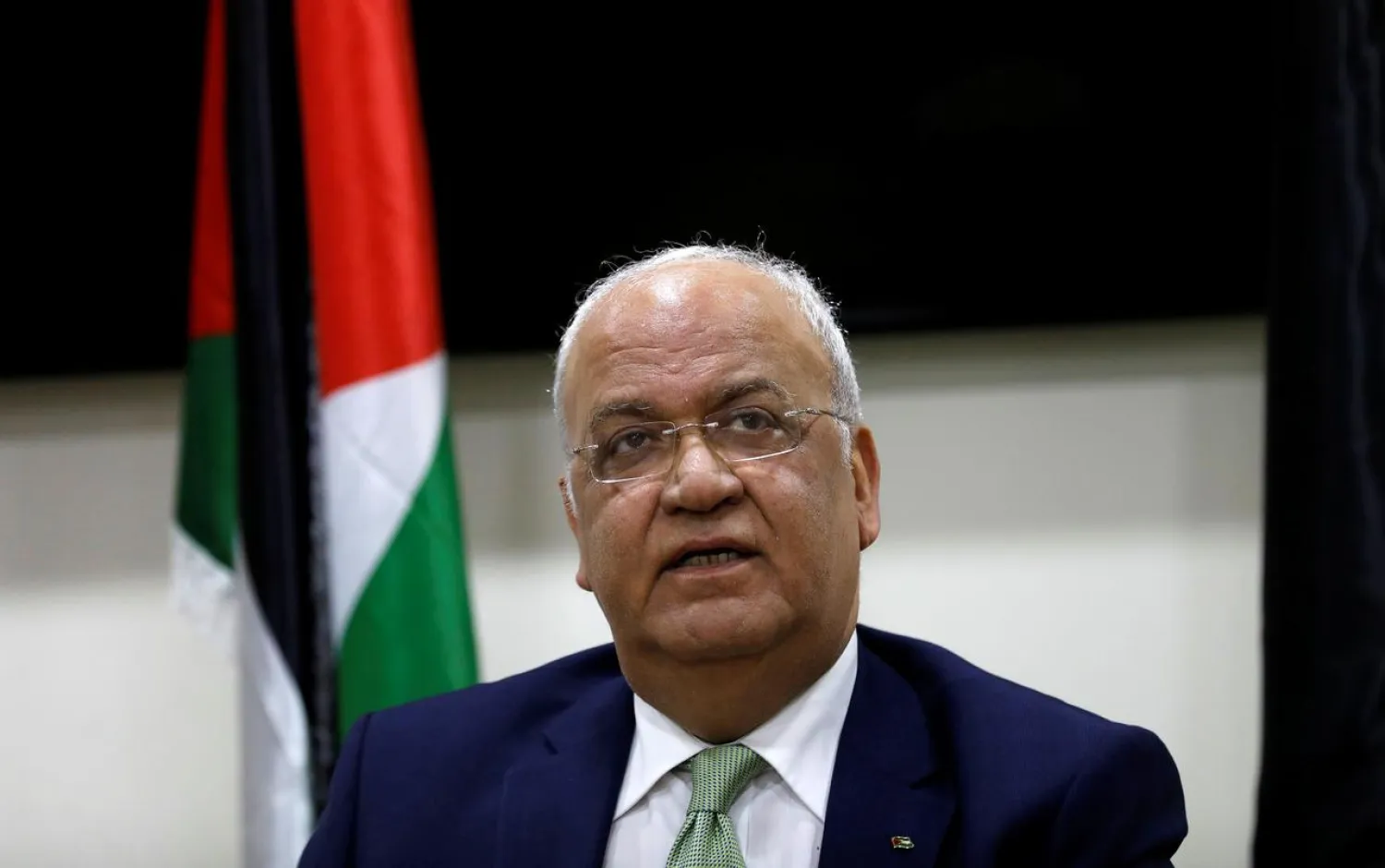The Palestinian security services will stop sharing information with the US Central Intelligence Agency (CIA), in protest at Israeli plans to annex parts of the occupied West Bank, chief Palestinian negotiator Saeb Erekat said Thursday.
"It has been 48 hours that the American Intelligence Service have been notified that the agreement with them is no longer in force," said the Secretary General of the Palestine Liberation Organization.
"Security cooperation with the US no more. Security cooperation with Israel no more."
The Palestinian government cut all ties with the Trump administration in 2017, accusing the US President of pro-Israel bias.
Certain non-political relations were maintained, however, including between the Palestinian security services and the CIA.
The exact details of the information-sharing is not public but is thought to concern Palestinian militant groups such as Hamas.
Erekat, speaking via video link from the West Bank city of Jericho, did not provide specific details on what the announcement would mean on the ground.
On Tuesday night, Palestinian President Mahmoud Abbas announced an end to all agreements with Israel and the US over the new Israeli government's plans to annex key parts of the occupied West Bank.
Trump's January peace proposals gave Israel the US green light to annex settlements in the West Bank, as well as the Jordan Valley -- a key strategic area that makes up around a third of the West Bank.
Palestinians say the plan ends prospects for a two-state solution to their decades-long conflict with Israel.
Abbas has made threats to end security coordination with Israel multiple times, without ultimately following through.
But Erekat said: "Things change and we have decided it is time now to change."









